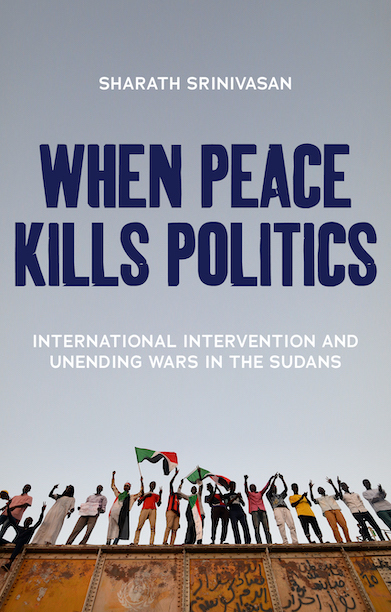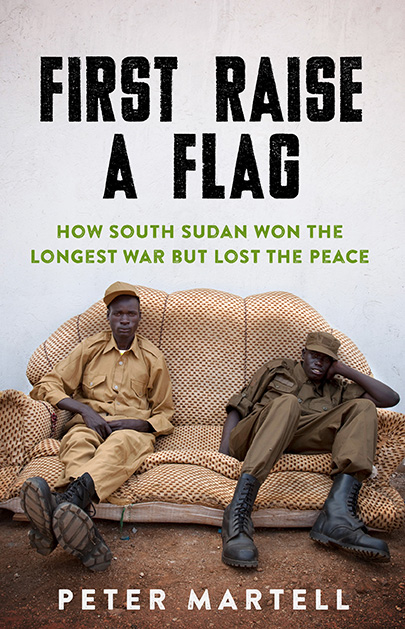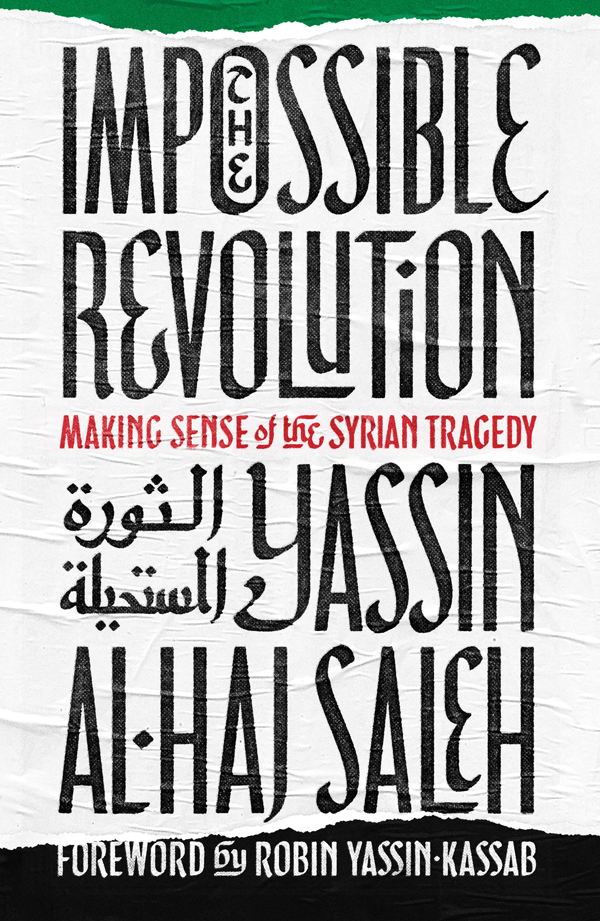Revolutionary Sudan
The Challenges of Democracy After Autocracy
In 2019, youth-led protests toppled Sudan’s dictator. This timely volume looks at the historic popular uprising and asks whether its democratic gains can be consolidated.
Description
In April 2019, following over six months of persistent youth-led protests, Sudanese president Omar al-Bashir was successfully deposed, bringing an end to three decades of authoritarian rule in Sudan.
In this illuminating volume, Khalid Mustafa Medani examines the political and socioeconomic factors that led to the revolution and diagnoses the challenges that remain for the consolidation of democracy. He explores the role of political economy in the popular uprising and discusses some oft-neglected factors in the analysis of popular protests in Africa and the Middle East. These include the relationship between geopolitics and grassroots activism in democratisation; the role of social media and diasporic activism in helping to shape and sustain local networks of resistance; and new dynamics of mobilisation, which have seen the emergence of youth and women in particular as central actors in the protests.
Based on many years of research, Revolutionary Sudan shines light on the ways in which Sudan’s revolution holds important lessons for popular uprisings in the region and beyond.
Author(s)
Khalid Mustafa Medani is Associate Professor of Political Science and Islamic Studies at McGill University. He has published widely on the roots of civil conflict and the political economy of Islamist activism in Sudan, informal finance in Somalia, the obstacles to state building in Iraq, and informal networks in violent extremism.






